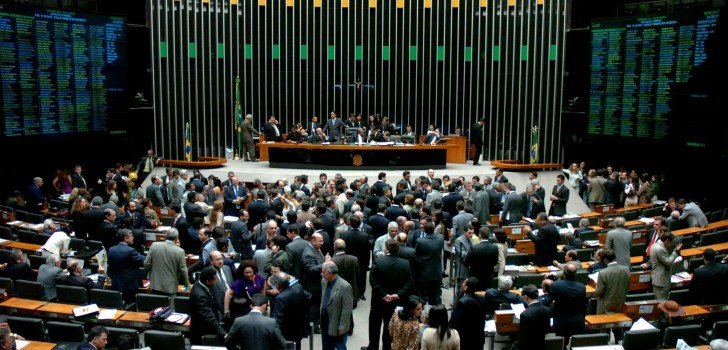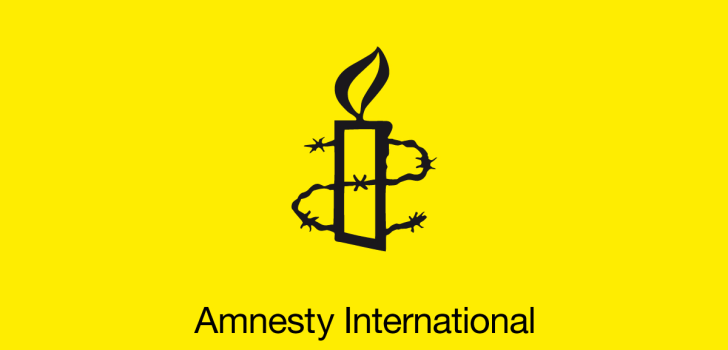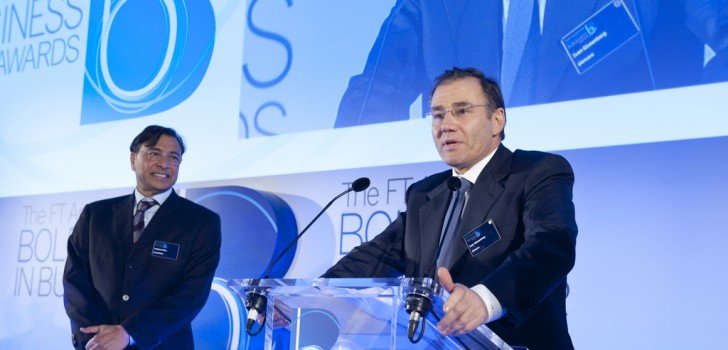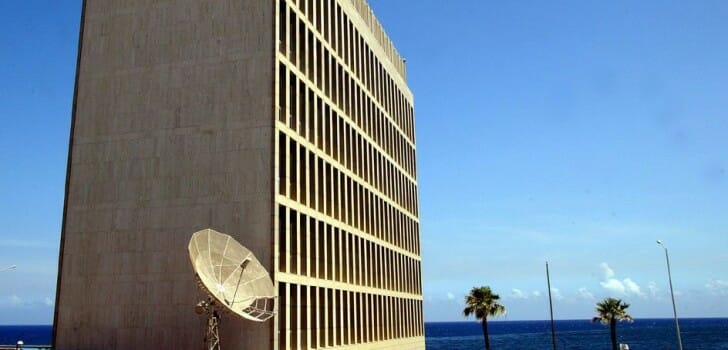Uber will be ceasing its UberPop car sharing option in France – at least for the mean time – after weeks of violent protests from French taxi drivers. They claim the service was killing their business as it could offer lower fares because Uber drivers did not have to pay the thousands of euros in taxi licenses as they did. .
Over the last two weeks, anti-Uber taxi drivers staged violent protests throughout France, blocking key roadways, flipping over Uber cars, setting them on fire and attacking Uber drivers.
Uber’s decision follows its forced exits from Belgian and the Netherlands through court action.
What has added interest to Uber’s French pullback is that is comes after the arrest on Monday of two Uber France heads on what police have described as unrelated matters to the protests. Both are facing charges, to be heard in court in September, on charges relating to running an illegal taxi service..
Thibaud Simphal, Uber France’s CEO said the ceasing of its UberPop service was made as many Uber drivers had been attacked and injured. He also admitted Uber drivers were not making much money – on average €8,200 annually.
Simphal said Uber’s van and other transport services which require drivers to be licensed will continue in France.
A statement released by Uber read “In the light of last week’s violence, we have today decided to suspend uberPOP, our ride sharing service, until September’s Constitutional Court decision. It’s a tremendously sad day for our 500 000 French uberPOP passengers, as well as the drivers who used the platform. However, safety must come first. Our regular UberX service, which uses licensed cars and makes up a majority of our trips each day in France, will continue to operate as usual.”
















